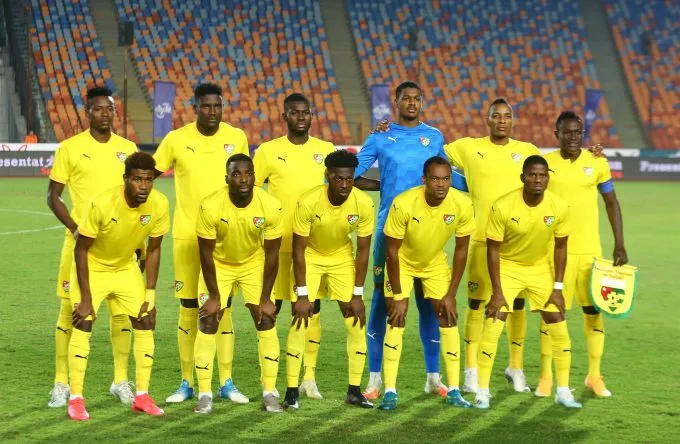The resignation of Paulo Duarte as coach of the Togo Sparrowhawks signals a significant juncture in Togolese football history. The Portuguese coach stepped down amidst a growing sense of helplessness in addressing the national team’s ongoing issues. This development calls for a profound reassessment of the foundations of Togolese football before appointing a new coach.
Togo’s participation in the 2006 World Cup was expected to herald a new era for Togolese football.
However, since then, the national team has experienced a steady decline, with a brief resurgence under Didier Six, who led the Sparrowhawks to the quarter-finals of the 2013 Africa Cup of Nations (AFCON) in South Africa.
The reasons for this decline are multifaceted.
Post-2006, the management of Togolese football saw little involvement from the players who had contributed to the nation’s historic World Cup run.
Aside from Jean-Paul Abalo Dosseh, who served as an assistant coach under Claude Le Roy, and Serge Akakpo, appointed as General Manager in Duarte’s staff, most players from that era were sidelined.
Figures like Nibombé Waké were left without support, creating frustration among former players, including ex-captain Sheyi Emmanuel Adebayor.
Adebayor has aired grievances publicly, revealing hidden truths about the national team, which underscores the need to integrate these legends back into the fold for a comprehensive reconciliation.
Since the 2006 World Cup, Togo has cycled through eleven coaches. Notable among them are Jean Thissen, who revitalized hopes for the 2010 World Cup, and Hubert Velud, who guided the team to AFCON 2010 before resigning due to the tragic Cabinda attack.
Didier Six remains a significant figure, having led Togo to the 2013 AFCON quarter-finals.
However, each of these coaches departed under contentious circumstances, often due to disputes with the Togolese Football Federation (FTF), leaving without proper acknowledgment of their contributions.
Beyond administrative and managerial issues, Togo has faced significant tragedies.
The 2007 Lungi crash, which claimed 13 lives including that of Sports Minister Richard Attipoé, and the 2010 Cabinda attack, which resulted in deaths and injuries, have cast long shadows over Togolese football.
These events necessitate more than just commemorative gestures; they require addressing the unresolved issues and honoring the victims and their families adequately.
To rejuvenate Togolese football, a holistic approach is needed.
This includes recognizing and integrating former players and coaches, resolving outstanding issues related to tragedies, and developing a comprehensive football development policy.
Building modern infrastructures and providing access to quality training for young players are crucial steps.
By fostering a cohesive and supportive environment, Togo can hope to restore its national team to its former glory.
In conclusion, the resignation of Paulo Duarte should be a catalyst for deep reflection and actionable change within Togolese football.
Addressing past grievances, honoring contributions, and developing future talent are essential for a successful revival.












